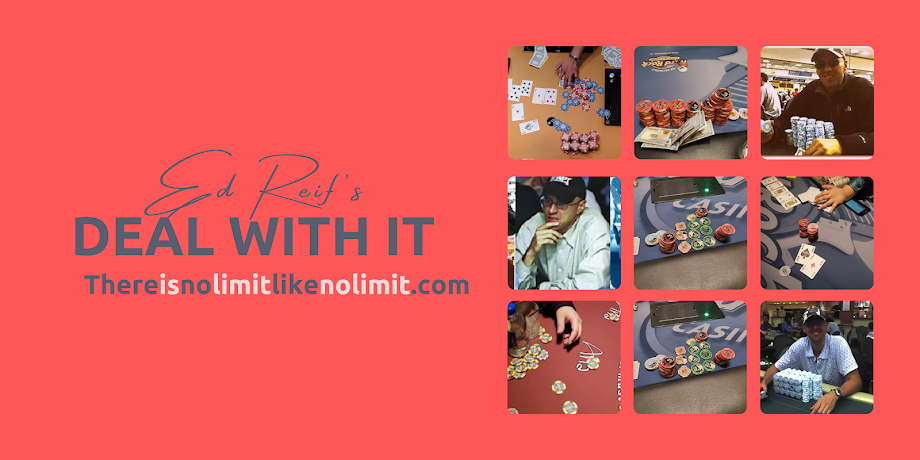 Your Brain On Poker and Decision
Your Brain On Poker and DecisionYour bankroll increases when the LEFT brain gets good at telling the RIGHT brain what to do
How does it help to know that you're literally "of two minds"? The Limbic RIGHT and Analytic LEFT.
"My brain made me re-buy !”
The one lives in the United States of unconsciousness--- on insta call and auto pilot. The other lives in Singapore, a happy dictatorship of rules and reason. So what should our nervous system do?
If you are on a diet, and seconds is your favorite meal, it’s because the limbic “I want it now” dinosaur brain overrides the Analytical 21st Century “Wait and see” play-it-safe patient reward switch.
Think about the cost of doing something and it’s analytical. Enjoy the feeling of risk, it’s limbic. The money-making potential of this idea in your game should not be underestimated. Your bankroll increases when the left brain gets good at telling the right brain what to do. If you can name your demon, you have a chance to banish it. What motivates you to call or fold, or go all in—fear, or disgust? What inspires you-- the desire to gain something new and exciting—or maybe you just have the stone cold nuts?

Analysis is Paralysis
Think Long .
Think Wrong.
The Tipping Point: Start Thin Slicing
Hell is other people, and you usually meet them at a limit table! I spent a year there this weekend. It was three card no foldem holdem. Every hand went to showdown. Almost every pot was a family one, and the size of them were huge. After a while, it was just pushing around chips. I lost interest.
Expecting The Unexpected
The characteristic conceit of our species—to see Order in chaos.
Holdem is too random to be left up to chance!
If I have 50 Outs!, I am not going to be happy. The poker treadmill is not for me. That's why I like NLH, no limit holdem-- the poker roller coaster of the unexpected is exciting, and the payoff is 10x. to limit. Certain patterns of response to rewards seem to be biologically embedded in our brain; those tend to be the unexpected.
Poker is about partial information, and uncertainty. That means we're constantly having to choose actions without knowing what the outcome will be.
Game theory opts for the "rational"choice amid uncertainy; behavioral game theory has to consider emotional state. The most highly rational choice is the one with the highest expected value or utility--if that is the case, why gamble at all. Avoiding lose and maximizing return is that easy.
The first rule of gambling is don't gamble---It's all about presentation--Meat your meat--If I offered you 90% lean meat or 10% fat, is there a difference--Yes, in the way I framed it. The fact is my favorite animal is steak---and I don't eat my friends! I am a vegetarian--Meat is meat. Gambling is gambling.
Denial just ain't a river in Vegas
Poker players have to be masters at reframing, otherwise they couldn't handle the sting of loses. Some in therapy call this denial. We can expect a kind of botox for the brain to smooth out any cognitive wrinkle temperaments to our poker loses and even our accelerated learning on how to play better under conditions of uncetainty.

No comments:
Post a Comment